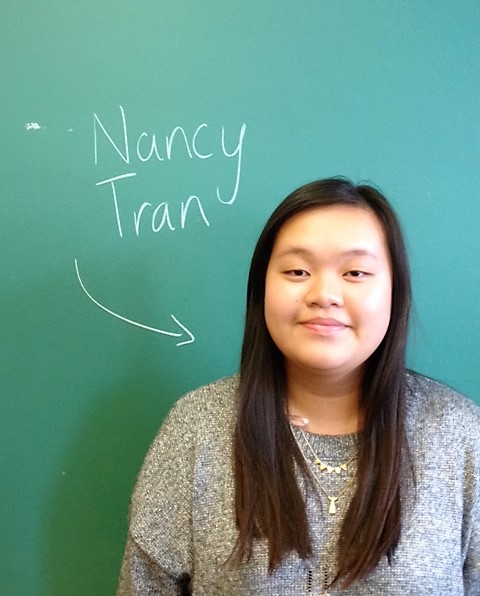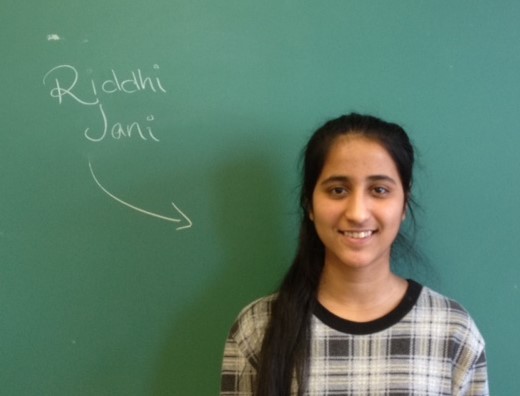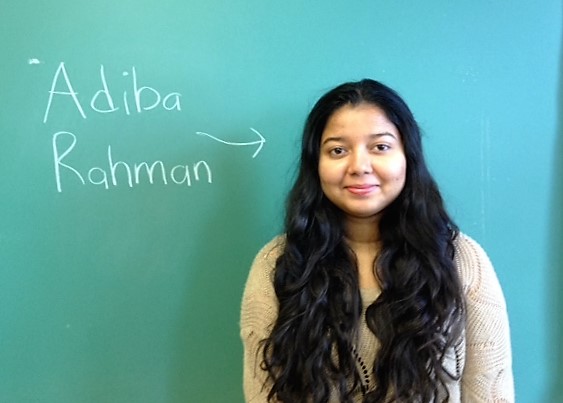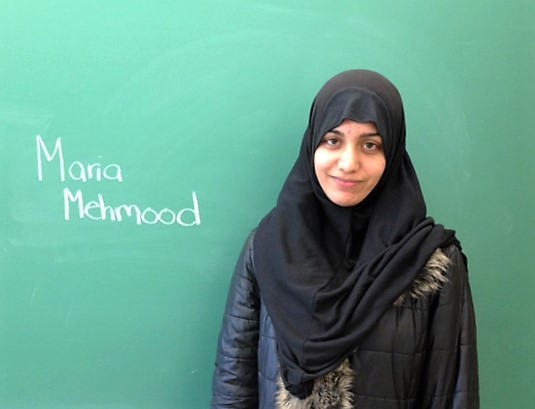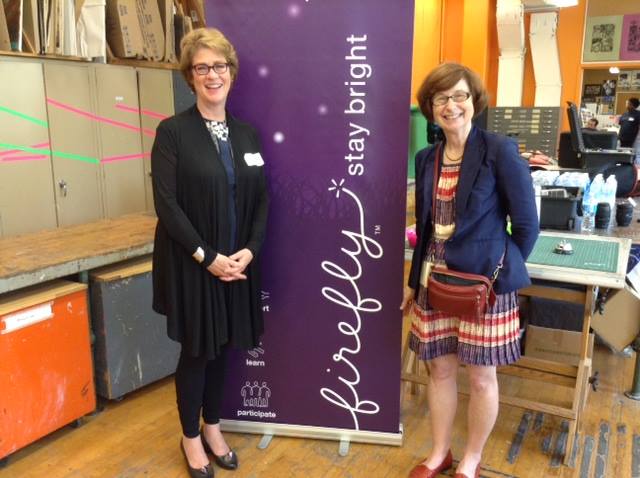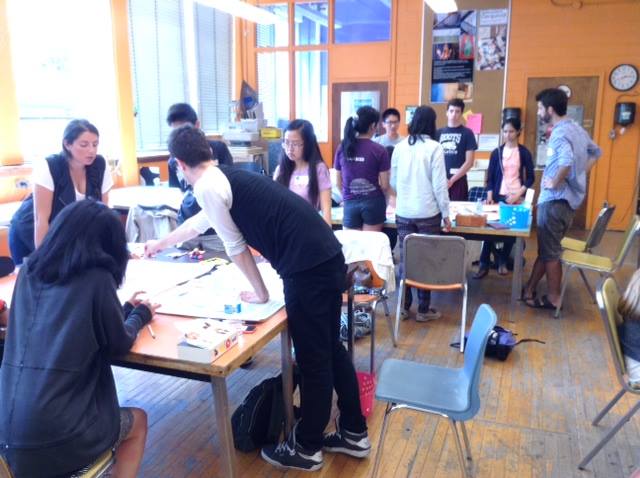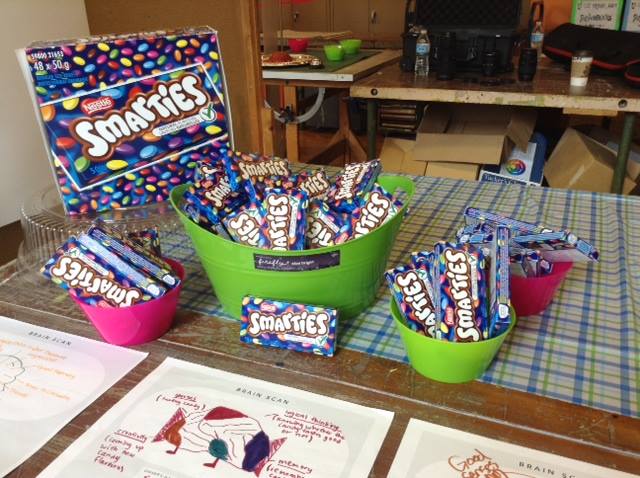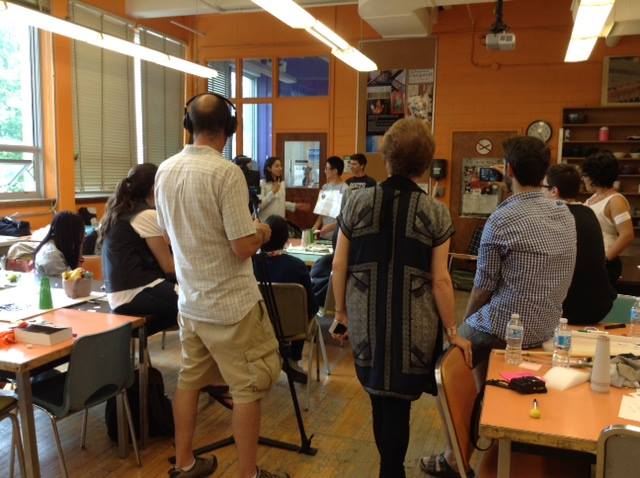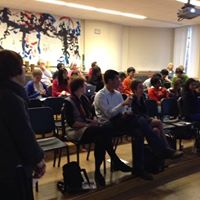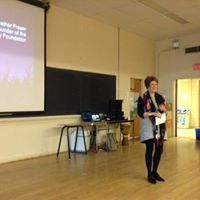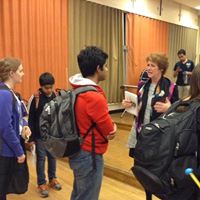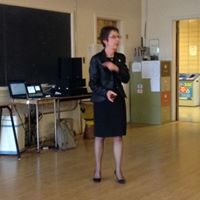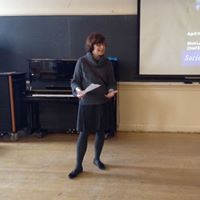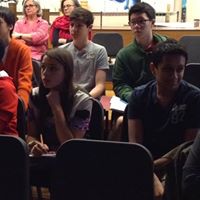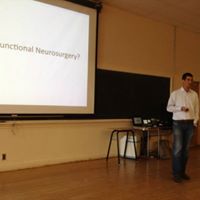bright lights in the lab 2015
Bright Lights in the Lab takes place at University of Toronto Schools, from July 6-17. More than 60 high school students ranging from Grade 7 through 12 will work with teachers, PhD's and graduate students from U of T to perform science experiments on behavior, learning and memory.
This year, Firefly has received support from Fulbright Canada and the Rotman School of Management's GBC outreach program to provide scholarships and bursaries to 15 students with limited resources, but who love science and demonstrate great academic potential.
"Our goal has been to bring together kids interested in brain science and all its wonders, so we can inspire them to follow their dreams." says Heather Fraser, Founder of Firefly Foundation. "It's incredible to see their curiosity and resourcefulness at work."
Neuroscience remains a new frontier. These young students are starting to face the reality of how 'old people's diseases' can have an impact on their current and future quality of life. By learning about the brain and performing experiments, these students learn the skills needed to channel their passion for learning into a future where they could be the ones to find a cure of treatment for neurodegenerative diseases like Alzheimer's.
"Designing experiments—recording from neurons and measuring changes in behavior in response to environmental stimuli or drug application—are game-changers for a high school student," says Anand Mahadevan, Camp Director, "It takes them away from cookie-cutter school labs and brings them closer to inquiry-based thinking which is critical to success in science."
"Their enthusiasm and curiosity creates hope and excitement about the future of neuroscience in Canada. Parents & grandparents should be so proud of them", says Fraser. "As we scale this camp and expand it across Canada, our next quest is to offer these students university scholarships. They give us all hope for the future."

